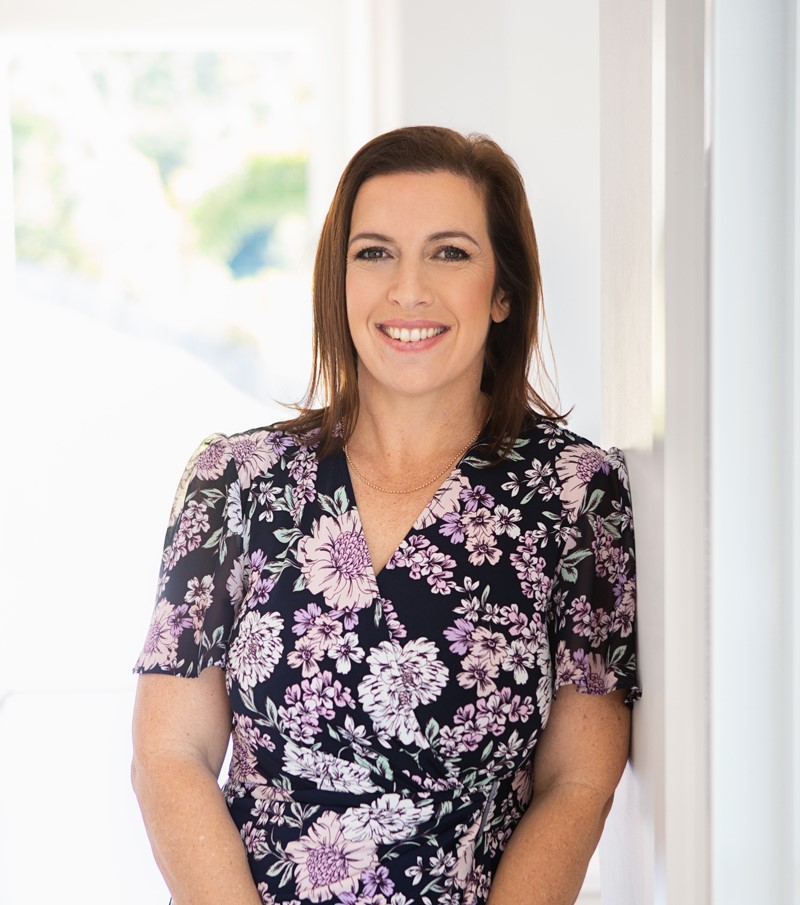Self-Education Expenses
New Tax Ruling – TR 2024/3
On 21 February 2024, the ATO finalised the ruling for Self-Education Expenses (TR 2024/3). The ruling sets out the principles on the deductibility of self-education expenses under the Income Tax Assessment Act and provides 38 examples.
When are self-education expenses deductible?
Self-education expenses are deductible to the extent they:
- Are incurred in gaining or producing your assessable income; AND
- Are not:
- Capital, private or domestic in nature
- Incurred in gaining or producing exempt income
- Prevented from being deductible by a specific provision in the tax law.
If you are reimbursed for the self-education expenses, you cannot claim a personal deduction.
Gaining or producing assessable income
You need to be able to show one (or both) of the following apply:
- Your income-earning activities are based on the exercise of a skill or specific knowledge, and the self-education enables you to maintain or improve that skill;
- The self-education is likely to lead to an increase in income from your current income-earning activities.
They will not be deductible if you have incurred them to obtain new employment or open up a new income-earning activity.
Types of self-education expenses
Some of the self-education expenses that may be deductible include:
- Course fees but not if you have a Commonwealth Supported Place (CSP) (including where you have used a FEE-HELP loan or personal loan to fund the fees)
- Interest on monies borrowed to fund the self-education expenses
- Books, digital subscriptions, stationery
- Travel (including airfares, accommodation and meals)
- Depreciation of equipment
Action to take
If you are personally paying for any self-education costs that are related to your current employment, please ensure you keep all details and invoices of the costs incurred. We can review these at tax time to determine whether they are deductible in your individual tax return.
DISCLAIMER: The information in this article is general in nature and is not a substitute for professional advice. Accordingly, neither TJN Accountants nor any member or employee of TJN Accountants accepts any responsibility for any loss, however caused, as a result of reliance on this general information. We recommend that our formal advice be sought before acting in any of the areas. The article is issued as a helpful guide to clients and for their private information. Therefore it should be regarded as confidential and not be made available to any person without our consent.

Jeanette has over 20 years experience as an accountant in public practice. She is a Chartered Accountant, registered tax agent and accredited SMSF Association advisor. When she is not helping business owners grow their empires, you will likely find her out running on the trails or at the gym. Book in to see Jeanette today.


